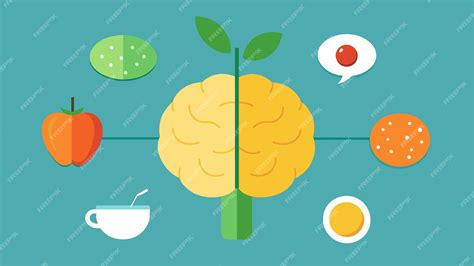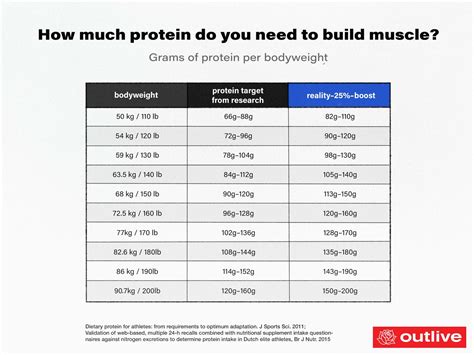What simple food swap cuts daily saturated fat?
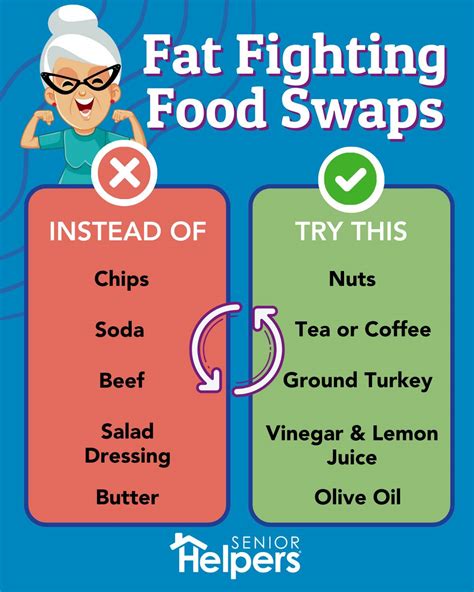
Understanding the Impact of Saturated Fat
Saturated fat, often found in animal products and some processed foods, has long been a subject of nutritional debate. While not all fats are bad, excessive intake of saturated fat can raise levels of LDL (bad) cholesterol in the blood, increasing the risk of heart disease and stroke. Many people are looking for straightforward ways to reduce their intake without overhauling their entire diet. The good news? A single, conscious food swap can make a significant difference.
The Core Swap: Prioritizing Healthier Fats
The most impactful and simple food swap to cut daily saturated fat is to **replace solid, animal-based fats with liquid, plant-based unsaturated fats wherever possible.** This isn’t about eliminating fat, but about making smarter choices that favor monounsaturated and polyunsaturated fats, which are beneficial for heart health.
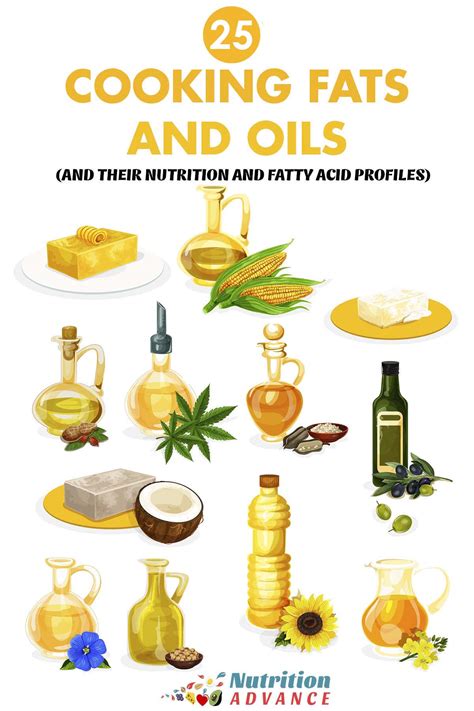
Practical Examples for Your Plate
1. Cooking Fats: Olive Oil Over Butter
Perhaps the easiest and most widespread swap is replacing butter, lard, or shortening with healthier oils for cooking, baking, and even spreading. Olive oil, avocado oil, and canola oil are excellent choices, rich in unsaturated fats. For example, instead of frying eggs in butter, use a splash of olive oil. Swap butter on your toast for a thin spread of avocado or a drizzle of olive oil.
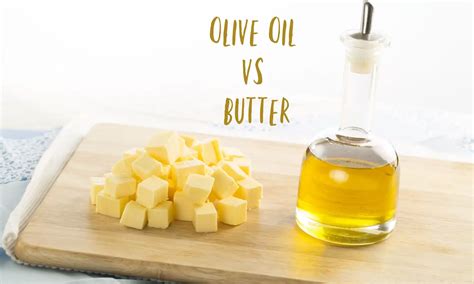
2. Dairy Products: Low-Fat Alternatives
Full-fat dairy products contribute significantly to saturated fat intake. Switching to low-fat or fat-free milk, yogurt, and cheese can dramatically reduce your daily saturated fat. Opt for Greek yogurt over full-fat versions, skim milk instead of whole milk, and choose reduced-fat cheeses.
3. Meat & Protein: Leaner Cuts and Plant-Based Options
Another powerful swap involves your protein sources. Replacing fatty cuts of red meat (like prime rib or processed sausages) with lean poultry (skinless chicken or turkey), fish (especially fatty fish like salmon, rich in omega-3s), legumes (beans, lentils), or plant-based proteins (tofu, tempeh) can significantly lower saturated fat. Even swapping ground beef for ground turkey or chicken can make a difference in dishes like chili or tacos.
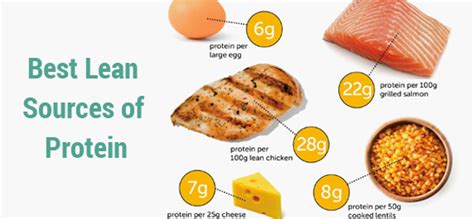
Beyond the Basics: Hidden Saturated Fats
Be mindful of hidden saturated fats in processed foods like pastries, cookies, and many ready meals. Regularly checking nutrition labels for saturated fat content is a simple habit that reinforces healthier choices. Look for products with low saturated fat per serving and prioritize whole, unprocessed foods.
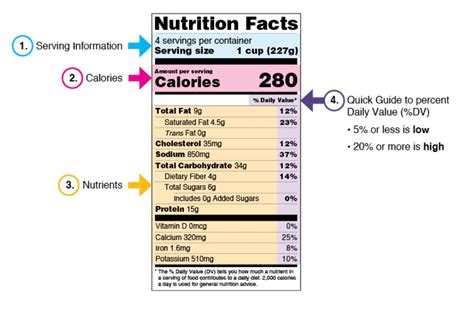
The Ripple Effect: Why This Swap Matters
By consistently making these simple swaps, you can experience a noticeable positive impact on your cardiovascular health. Lowering saturated fat intake helps to reduce LDL cholesterol, which in turn decreases the risk of atherosclerosis (hardening of the arteries) and associated heart conditions. It’s a fundamental step towards a heart-healthy diet without feeling overly restrictive.
Making the Switch Seamlessly
Start small. Choose one or two swaps to implement this week and gradually incorporate more. Experiment with different healthy oils in your cooking, try low-fat dairy in your favorite recipes, and explore plant-based meals once or twice a week. You’ll likely discover new flavors and textures that you enjoy, making the transition both easy and delicious.

Conclusion
Cutting daily saturated fat doesn’t require drastic measures. By focusing on the simple swap of replacing solid, animal-based fats with liquid, plant-based unsaturated fats, and making conscious choices in your dairy and protein sources, you can significantly improve your dietary health. These small changes accumulate over time, leading to substantial benefits for your heart and overall well-being.
